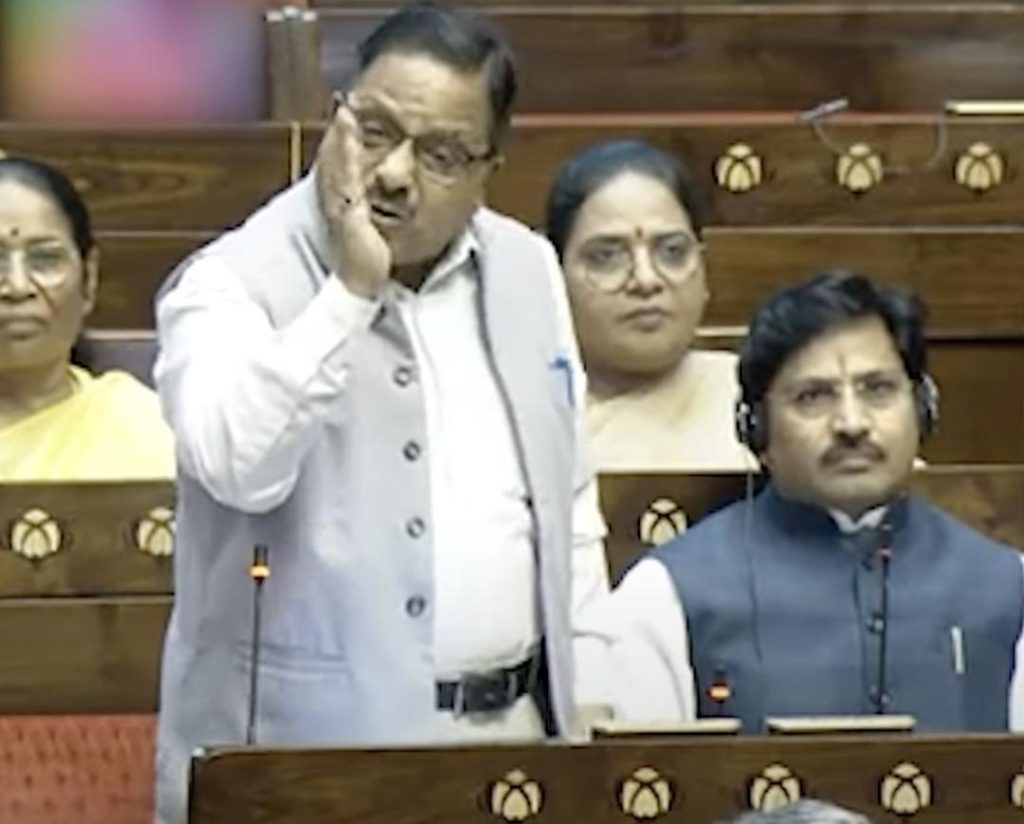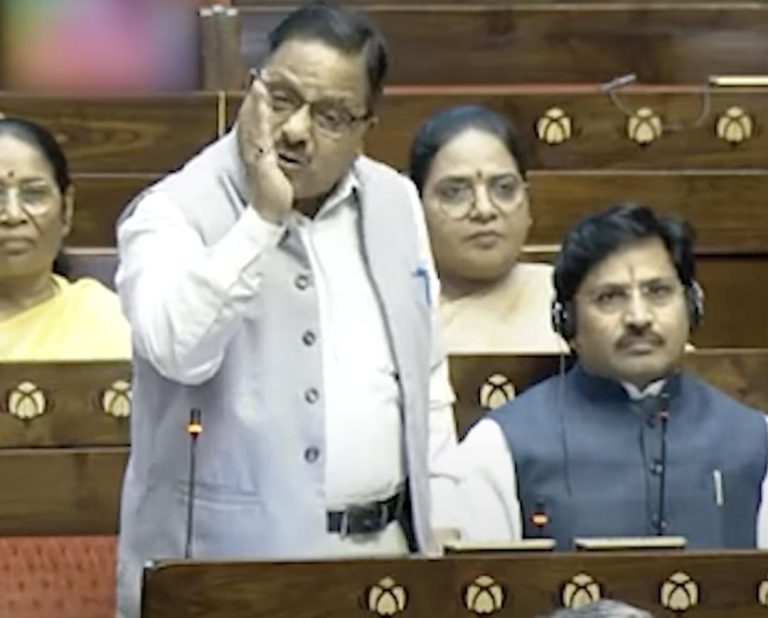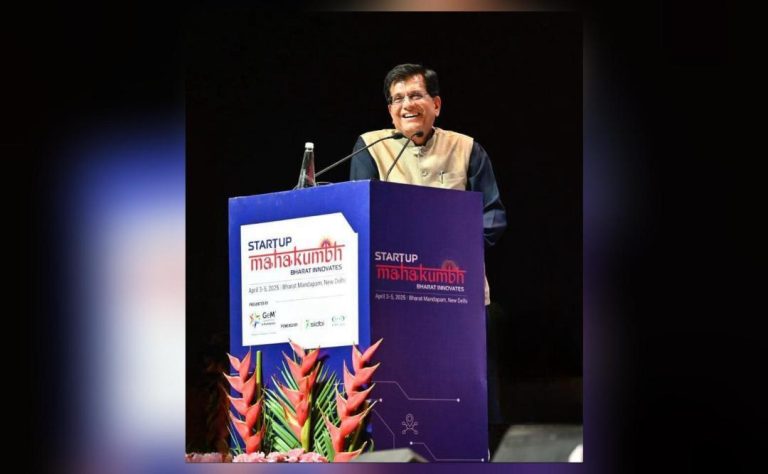
Should I Read Quran & Tell You What’s Written in It: BJP MP Radha Mohan Das on Waqf Bill
In a recent debate on the Waqf Bill in the Indian Parliament, a rather unexpected remark was made by BJP MP Radha Mohan Das, which has sparked a lot of controversy and debate. During the discussion, Das asked whether he should read the Quran and tell what is written in it. The remark was made in response to the Waqf Board’s claims regarding its properties and assets.
The Waqf Board, which is responsible for managing Islamic shrines and properties in India, has been embroiled in a controversy over its alleged mismanagement and misutilization of funds. The Board claims that it has numerous properties and assets, but does not have proper records of these properties, citing reasons such as historical and cultural significance.
However, Radha Mohan Das, the BJP MP, is not convinced by these claims. During the debate, he quoted a specific verse from the Quran, which he claimed supported his argument that even if one rupee is given to anyone, there should be a written record. He then went on to say that the Waqf Board should be held accountable for its lack of transparency and accountability in managing its properties and assets.
The MP’s remark has sparked a heated debate, with many interpreting it as an attempt to undermine the Quran and Islamic principles. However, Das has clarified that his intention was not to disrespect the Quran or Islam, but to highlight the need for transparency and accountability in the management of Waqf properties.
So, what does the Quran actually say about the management of properties and assets? Is Radha Mohan Das correct in his interpretation of the verse he quoted? And what are the implications of his remark on the ongoing debate on the Waqf Bill?
The Quranic Verse
The verse quoted by Radha Mohan Das is from Surah Al-Baqarah, Verse 282, which states: “And when you give your oath, say ‘God is sufficient for us, He is the best of guardians'”.
This verse is part of a larger chapter on charitable giving and financial transactions. In the context of the verse, the Quran is emphasizing the importance of honesty, transparency, and accountability in financial dealings. It is often interpreted as a reminder to keep accurate records of financial transactions, including written documents, to avoid disputes and ensure fairness.
Interpretation and Implications
Radha Mohan Das’s interpretation of the verse is that it supports the need for written records of financial transactions, including the management of properties and assets. His argument is that if the Waqf Board is required to provide written records of its properties and assets, it can help to establish transparency and accountability in its management.
However, some have criticized Das’s interpretation as being selective and misleading. They argue that the verse is not specifically addressing the management of properties and assets, but rather emphasizing the importance of honesty and fairness in financial dealings.
Others have pointed out that the Quran also emphasizes the importance of trust and reliance on God, rather than relying solely on human records and documentation. They argue that the Waqf Board’s lack of records is not necessarily a sign of mismanagement, but rather a reflection of the organization’s trust in God to guide its actions.
Conclusion
The debate sparked by Radha Mohan Das’s remark highlights the complexities and nuances of the Waqf Bill and the management of Waqf properties in India. While Das’s intention may have been to highlight the need for transparency and accountability, his remark has been interpreted as an attempt to undermine the Quran and Islamic principles.
Ultimately, the Quranic verse quoted by Das does support the importance of written records in financial transactions, but its broader context and implications require careful consideration. The Waqf Board’s lack of records is a complex issue that requires a nuanced and multifaceted approach, rather than a simplistic interpretation of a single verse.
Source:
https://www.youtube.com/watch



